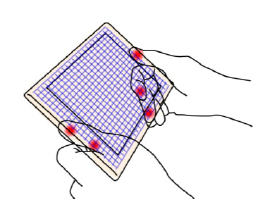拡張生態系とSynecoculture™
食料生産と環境破壊のトレードオフを乗り越える
Synecoculture (協生農法)
有史以来、人類は1万年以上に渡り農耕をおこなってきましたが、その歴史は生産性と環境破壊のトレードオフの上に成り立ってきました。 特に、近年では作物の生理学的な最適化に基づき、食料生産の大規模化と単作化の傾向がますます強まっています。
一方、植物を始めとする生態系は、地球の生命圏の歴史の中で、常に複雑な競合共生系を築きながら共進化し、地球規模で環境を改変し、生命の星を育んできました。私は、このような生態学的な最適化として知られる生態系の持つ自律分散型の高度な自己組織化能力を、食料生産やその他の産業・社会活動にとっても有益なかたちで利用することで、エッセンシャルな人間活動と環境破壊のトレードオフを根本的に乗り越えることを目指しています。

Synecocultureの理論構築
Synecoculture(協生農法)とは、地球の生態系が元々持っている自己組織化能力を多面的・総合的に活用しながら有用植物を生産する農法です。「無耕起、無施肥、無農薬、種と苗以外一切持ち込まないという制約条件の中で、植物の特性を活かして生態系を構築・制御し、生態学的最適化状態の有用植物を生産する露地作物栽培法」として定義しています。(協生農法実践マニュアル(2016年版))
多種多様な植物が混生・密生して育つ環境を整備することで、物質循環や食物連鎖に関わる多面的な生態系機能を高め、自然状態を超えた多様性と有用性を備えた生態系をつくりだすことが特徴的です。
Synecocultureは、これまでの慣行農法・有機農法・自然農法、各地の自然生態系、そして人間によって部分的に多様性を増した生態系などを参考に初期実験を行い、農学と生態学において今まで異なっていた生産性の定義を統合する科学的定式化と検証を重ねてきました。
主要な成果はNature Research よりパースペクティブ論文(https://www.nature.com/articles/s41538-018-0026-4)やリサーチ論文(https://www.nature.com/articles/s44264-024-00014-4)、またSpringer Natureより理論書籍(https://link.springer.com/chapter/10.1007/978-3-319-96454-6_1)として出版されています。
Synecocultureの理論構築と実装発展に伴い、2015年以降は食料生産と環境破壊の相剋が深刻なアフリカ各地でも実証実験を重ねています。(アフリカにおけるSynecocultureの実証実験と展開)
拡張生態系への一般化
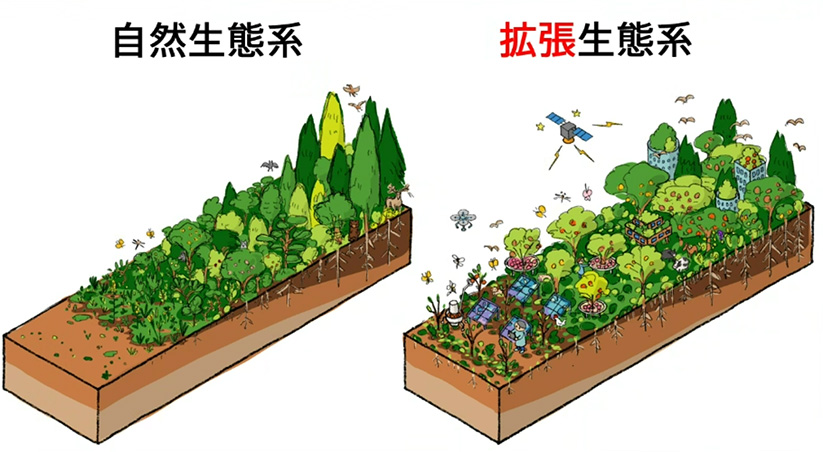
2018年には、ソニーCSLにおける研究成果の社会還元や非営利活動への展開を目的として一般社団法人シネコカルチャーを設立しました。
Synecocultureの原理を食料生産以外の教育や生活圏にも活用し多様な生態系サービスを高める「拡張生態系」の概念深化と社会実装を、社団と連携した社会還元活動を通じて各方面で推進しています。2019年11月からは、六本木ヒルズでSynecocultureおよび拡張生態系に関する実証実験を行いました(六本木ヒルズで協生農法に関する実証実験を開始)。都市部の屋上においても拡張生態系の実装が可能であることを示し、「シネコポータル(拡張生態系入門キット)」の開発など、Synecocultureをはじめとした拡張生態系に関する学習のプラットフォーム化を行ってきました。都市部の拡張生態系は、世界経済フォーラムとフンボルト研究所が主導する国際的イニシアチブ”BiodiverCities by 2030″でも取り上げられています。
(https://proyectos.humboldt.org.co/biodivercitiesby2030/)
また2021年には、「拡張生態系」の構築を支援するソリューションを提供し、生態系リテラシーの向上、生態系の回復、持続可能な食料生産、都市空間の基礎的インフラ、次世代の教育プラットフォーム、高齢化社会における健康・福祉サービスへの貢献などをめざして株式会社SynecOを設立しました。
日本だけでなく、中国・アフリカ・インドネシア・南米などで初期のビジネスを展開し(株式会社SynecO)、社会と自然が共通して根差すべき再生可能な資本に基づく、持続可能な環境と産業の創出に取り組んでいます。
アカデミアにおいては、2022年より京都大学「社会的共通資本と未来」寄附研究部門の特定教授も務め、持続可能性を支える文明装置としての自然-社会共通資本に研究領域を広げています。
(https://sccf.ifohs.kyoto-u.ac.jp/ja/)
Synecocultureは国内外のメディアや省庁のプラットフォームからも多数紹介されています。
(https://www.human-augmentation-of-ecosystems.net/blog/category/press/)
学術的には Nature Research をはじめ、Synecocultureおよび拡張生態系に関わる論文・書籍も多数出版されています。
(https://www.human-augmentation-of-ecosystems.net/blog/category/article/)
また、UNESCO UniTwinプログラムの複雑系ディジタルキャンパスにもヴァーチャルラボ(UniTwin UNESCO CS-DC e-lab)を設立しています。私の最新の活動状況および参考文献はこちらでも参照いただけます。
Synecoculture(協生農法)マニュアル
協生農法紹介動画:
[ソニー公式]Sony Stories 壊れゆく地球環境を農業から立て直す - ソニーコンピュータサイエンス研究所 (5:46)
[ソニー公式]「グローバルアジェンダへの挑戦」-食糧生産と農業のパラダイムシフトー (4:23)
Keynote: Synecoculture and Megadiversity Management Systems [English only] (27:01)
Projects
Related News
Climate Adaptation: Unlocking Value Chains with the Power of Technology
同じリサーチエリアの別プロジェクト
Planetary Agenda
Augmented Societies
発展を続けるAR技術。その始まりは90年代ソニーCSLの研究でした。
機器背面で操作するタッチパネル
ホームポジションから指を離さずにタッチパッド操作する入力技術
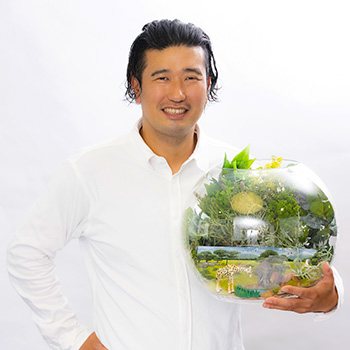
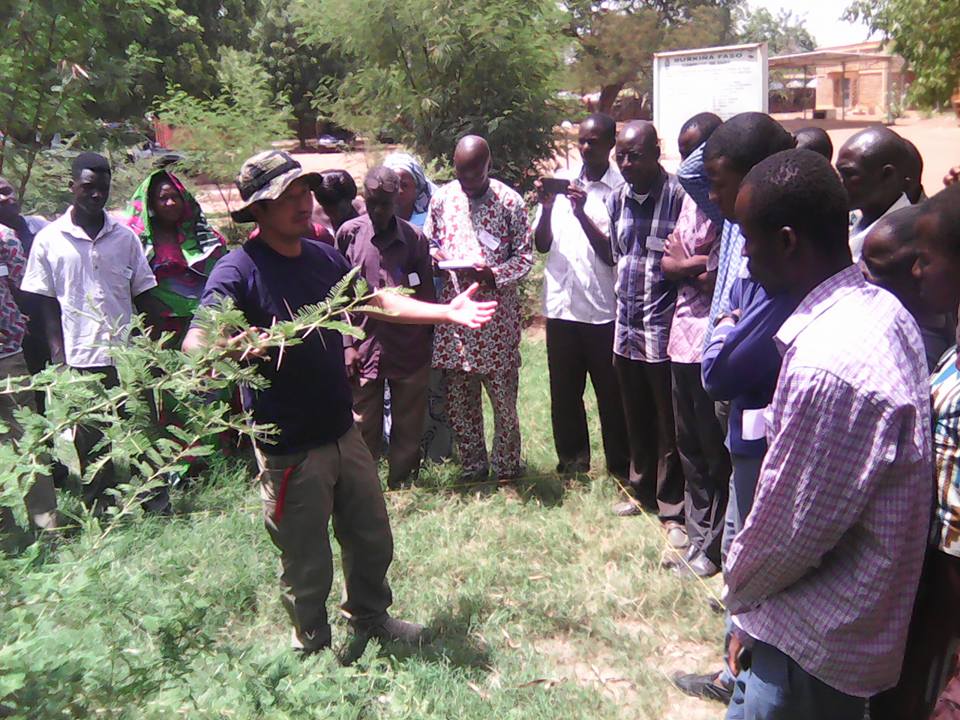
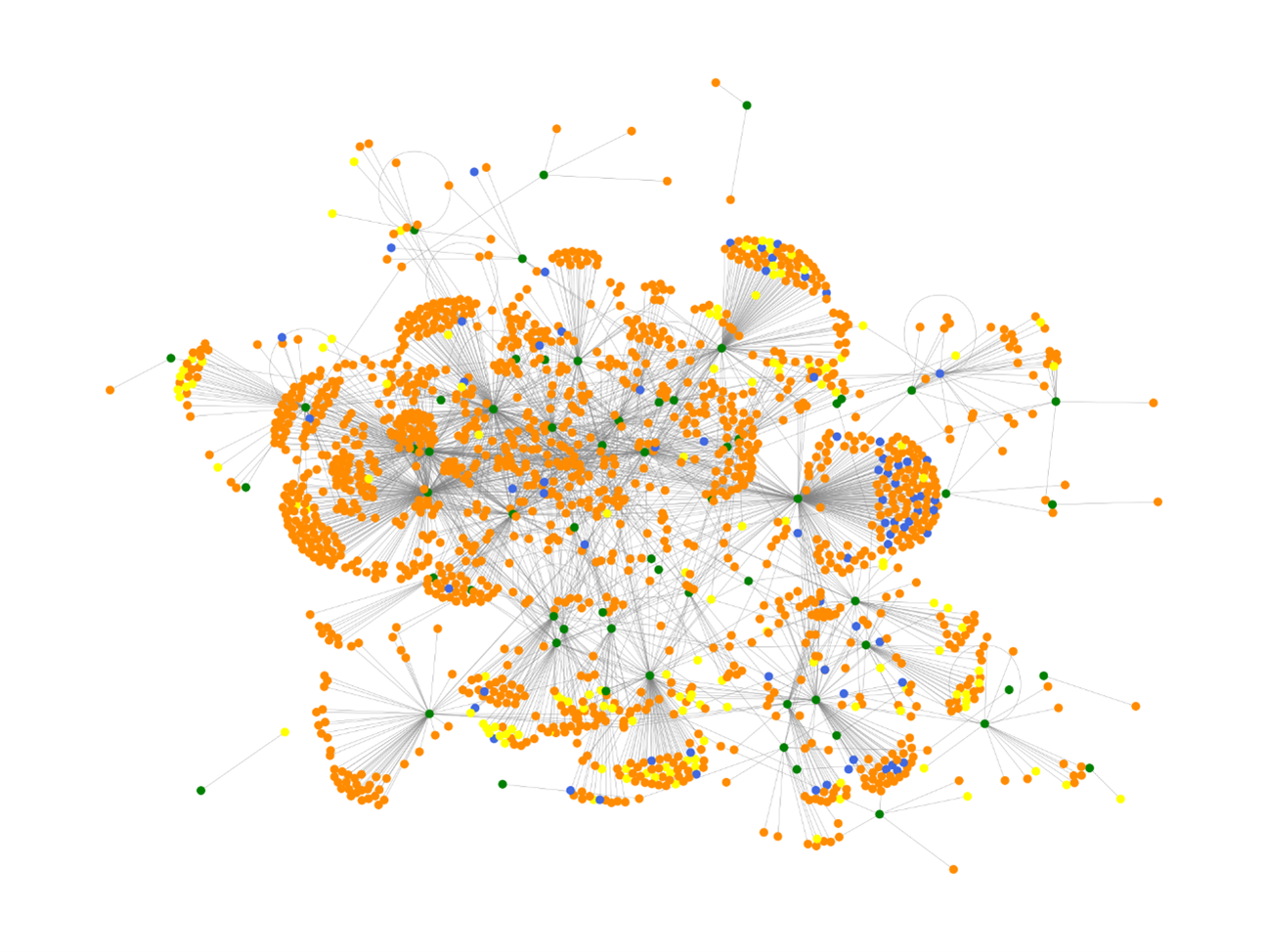
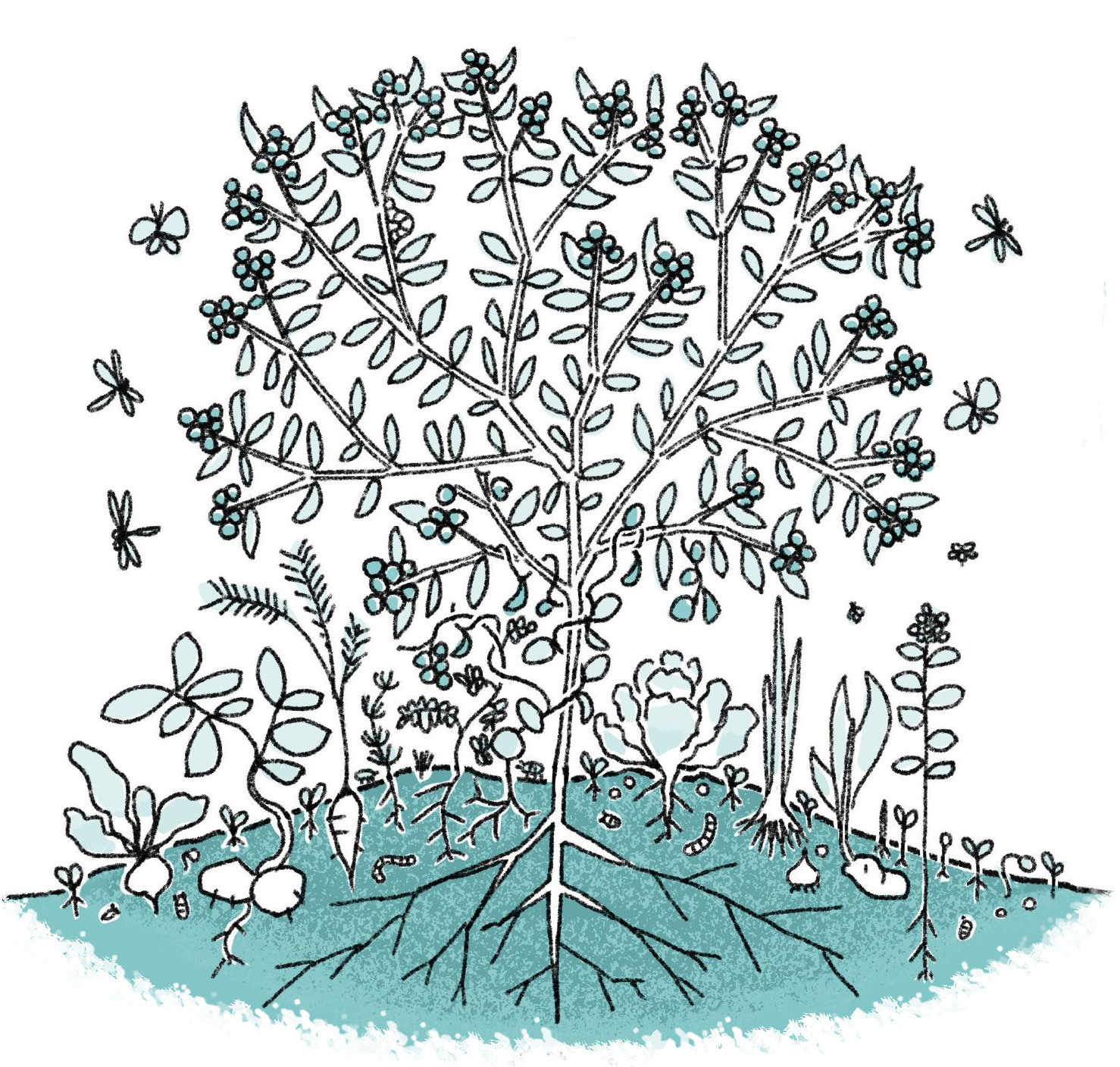

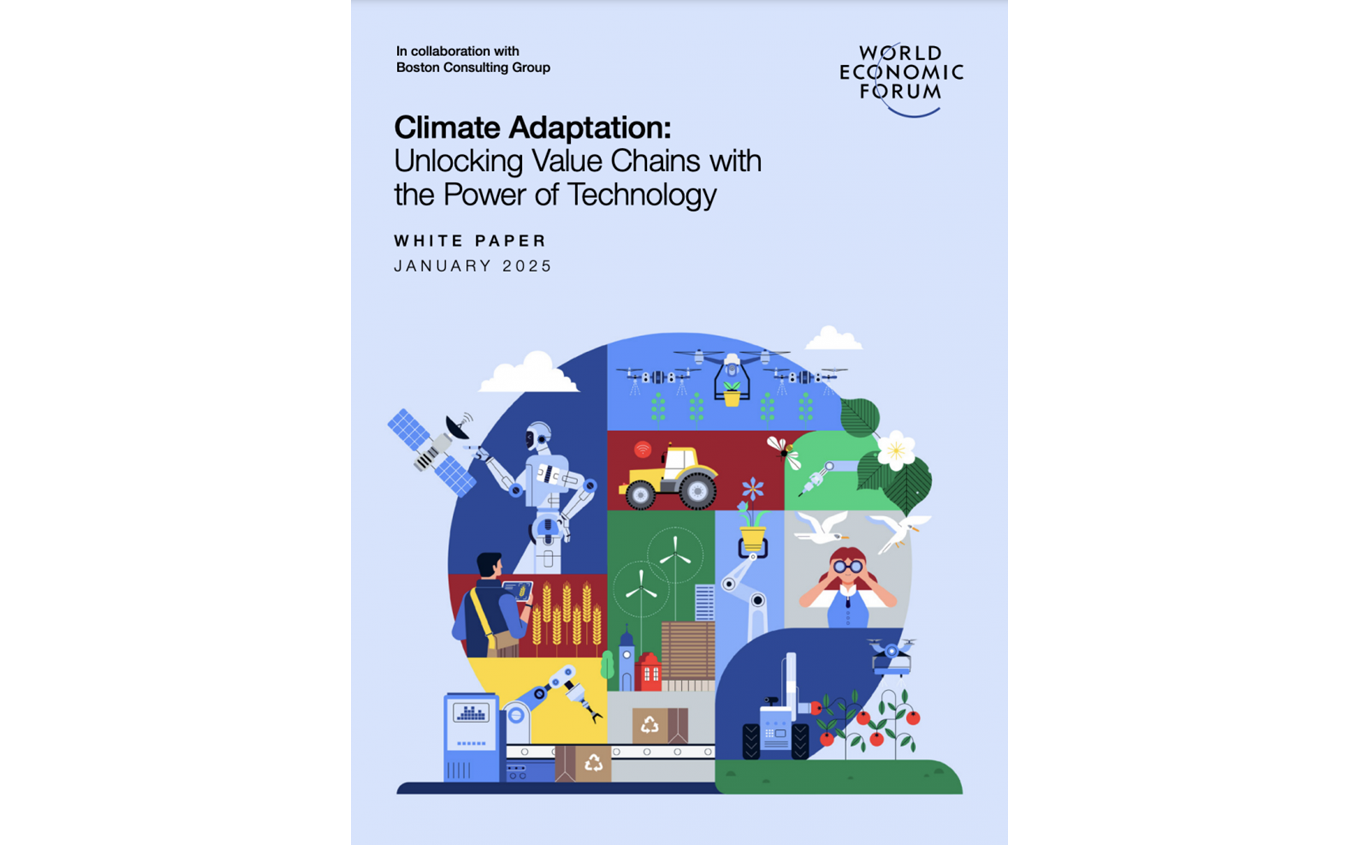

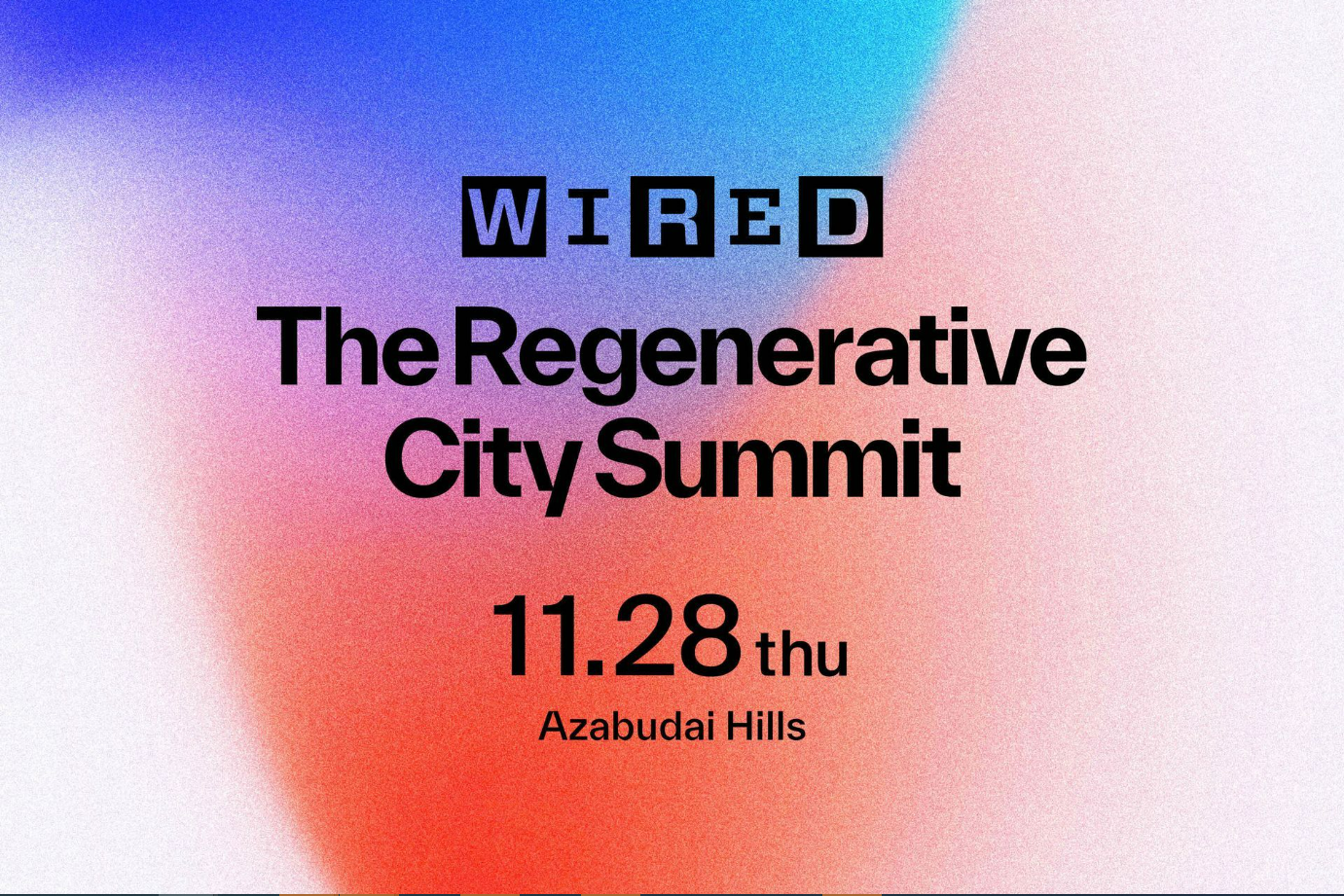
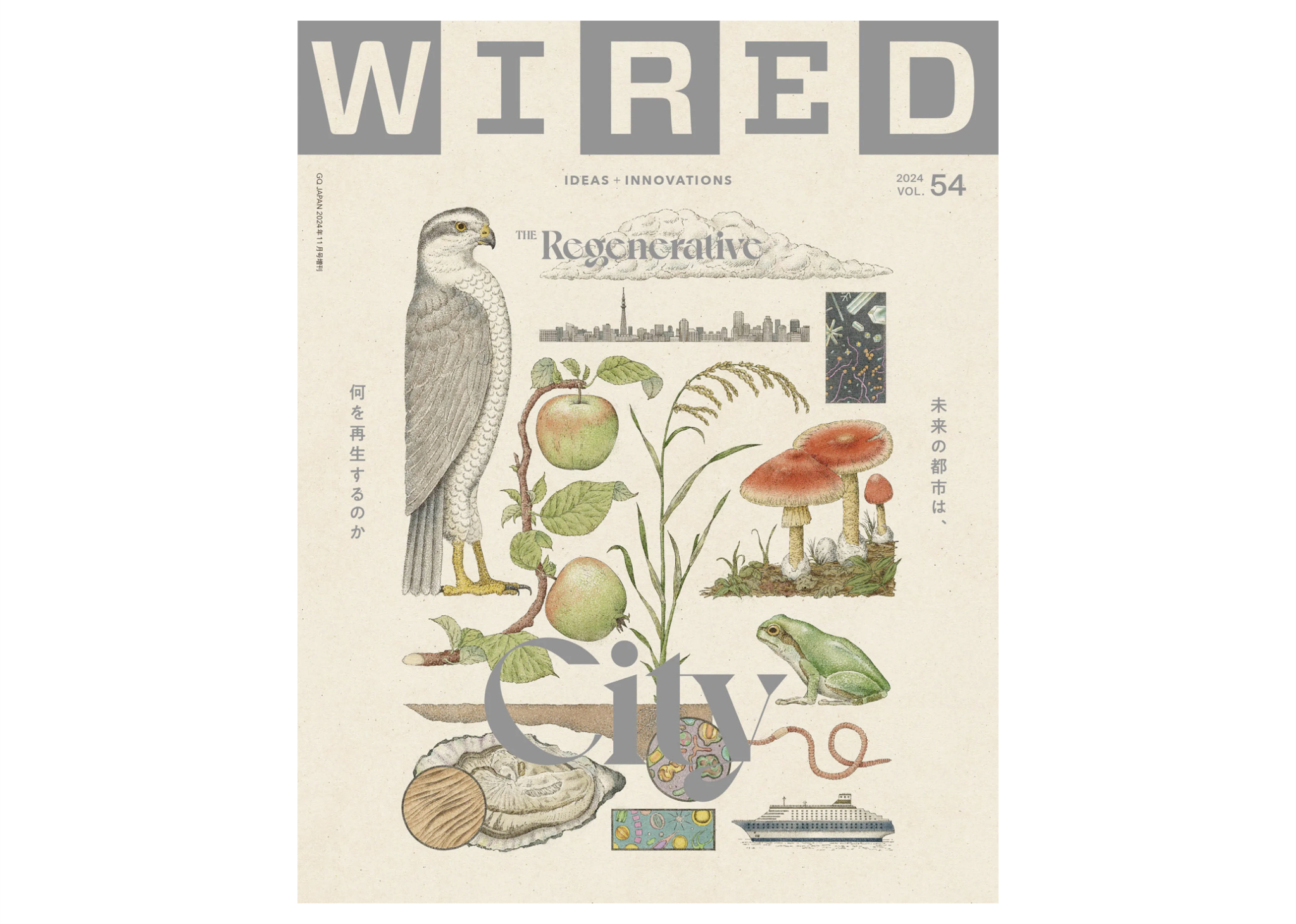
-1.png)
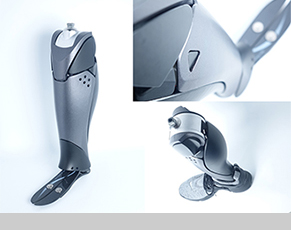
-1.png)


-1.png)
